

Who is Delilah? That’s the question asked – and partially answered – in Arkane Studios’ The Knife of Dunwall, the latest piece of DLC for their critically acclaimed 2012 stealth action game, Dishonored. If you haven’t played the original game yet, read our review to find out whether it’s likely to suit your tastes.
Considering the fact that Dishonored retailed at $60, The Knife of Dunwall is comparably a pretty good deal at $9.99. The DLC consists of three missions (Dishonored has nine) set in two expansive new maps (plus a map recycled from the main campaign), contains about 4-6 hours of gameplay in total, and is the first of a two-part story that will conclude in The Brigmore Witches. Together, the two pieces of DLC are best described as ‘Dishonored 1.5’; a sidequel that tells a story quite independent from that of Corvo Attano, though bearing a number of thematic similarities.
Whereas Corvo was something of a blank slate, his enigmatic past and persona allowing the player to decide for themselves what kind of a man he is, Daud has an established backstory and persona. Since we already know that he is a blade-for-hire unhampered by a conscience, implementing a moral choice system for Daud is slightly more complex then simply handing the player a silent protagonist and letting them form the character from their own play style. To get around this, the DLC begins with Daud finding himself in an unexpected moral quandary after killing the Empress and beginning to question his usual “stab first, ask questions later” approach, thereby allowing the player to choose whether he will continue as he has done before, or seek a more peaceful path. In contrast to Dishonored‘s tale of revenge, The Knife of Dunwall seems to be a story of redemption – if the player chooses to seek it.
As with Dishonored, the decisions that the player makes as Daud have consequences, both great and subtle. Like Corvo, Daud is carefully watched by a protégée whose character is being influenced by her mentor. In this case, Emily’s place is taken by Daud’s second-in-command: a red-clad assassin called Billie Lurk, whose main job seems to be making the player jump out of their skin by randomly popping into existence whenever a particularly creepy room is being explored. Unfortunately, Billie’s character development suffers from the briefness of the campaign, and from the fact that she remains masked and almost indistinguishable from the other assassins under Daud’s command, meaning that her responses to Daud’s actions aren’t nearly as satisfying as those of Emily or Samuel in Dishonored.
The real test of The Knife of Dunwall is how well the developers convey tangibly, through gameplay, the sense that the player is in control of a recognizably different character, despite the fact that Daud and Corvo have the same occupation and are both aided by the powers that the Outsider grants. This is at least partially successful, mainly through the introduction of a few changes that have been made to the player’s arsenal of weapons and abilities.
The changes to primary weapons are largely cosmetic. Daud slices enemies up with his titular blade – which looks like a scale model of Pyramid Head’s Great Knife – instead of Corvo’s collapsible sword, and uses a wristbow that performs the exact same function as Corvo’s crossbow with a slightly more subtle motion. New weapons include arc mines – portable versions of arc pylons that work the same way as spring traps, with the added bonus of reducing enemies to ash – and chokedust, which is basically just a smoke bomb.
A notable improvement has been made to the ‘Blink’ ability, which was a little bit tricky and clunky in Dishonored – using it to climb up walls, in particular, often felt like threading a needle while trying to find the sweet spot at which the circular marker would transform into a set of upward arrows. In The Knife of Dunwall, charging ‘Blink’ also freezes time, allowing for more accurate aiming and transportation to the planned destination.
Daud certainly feels a lot more powerful than Corvo; the lone wolf approach to missions is still available, but being the leader of a gang does come with some optional perks. In The Knife of Dunwall, the player can call in favors with contacts at the beginning of each mission, meaning that when they arrive an alarm might be conveniently out of order, or an asset may be placed in a useful location. The most significant addition to Daud’s powers is an ability similar to the ‘Call Recruit’ command from Assassin’s Creed: Brotherhood, which will cause one of Daud’s crew to appear and either attack nearby guards or deliver useful information about the surroundings. You definitely feel more like a leader than a lackey in this game.
If you liked Dishonored then this DLC is a must-buy. The new missions feature everything that was enjoyable about the main campaign, from the highly polished stealth to the intriguing riddles that unlock extra features. Look in all the corners and you will also find some insights into Corvo’s story, including a certain poem about young Lady Emily that has some frightening implications.
–
Dishonored: The Knife of Dunwall is available now for $9.99 on PC, PS3 and Xbox 360.
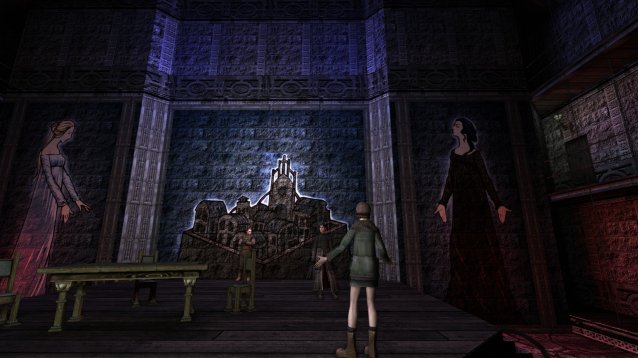
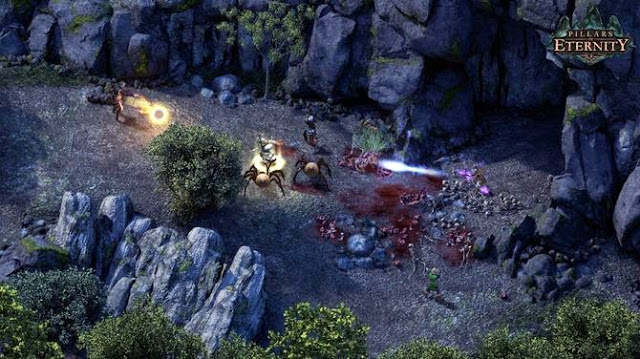


 Batman - Arkham Knight: Unlock all endings
Batman - Arkham Knight: Unlock all endings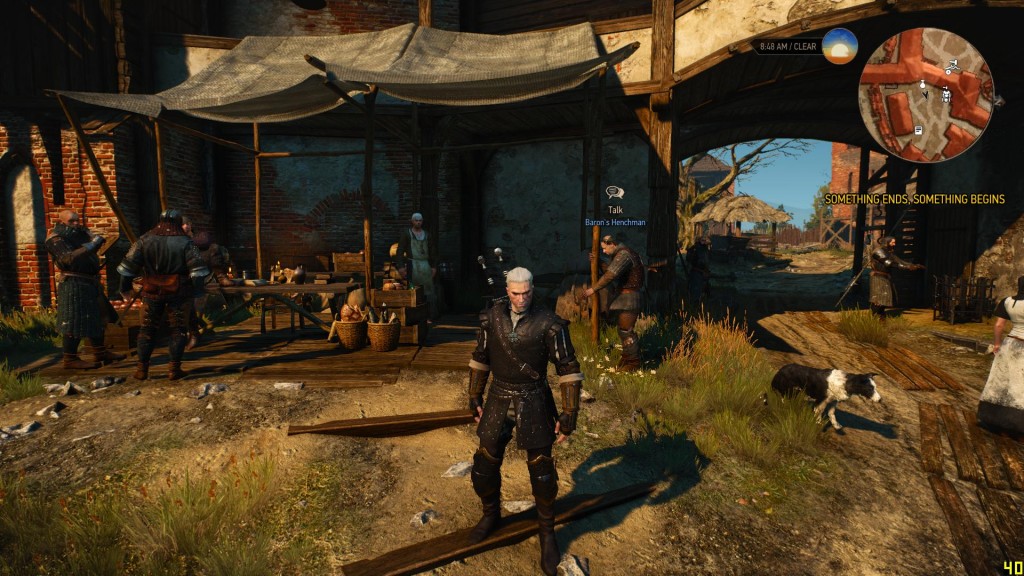 The Witcher 3 Guide: How To Get Nilfgaardian Armor Set DLC, Location And Stats
The Witcher 3 Guide: How To Get Nilfgaardian Armor Set DLC, Location And Stats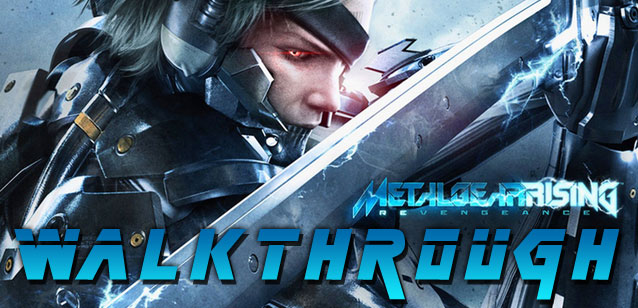 Metal Gear Rising: Revengeance Walkthrough
Metal Gear Rising: Revengeance Walkthrough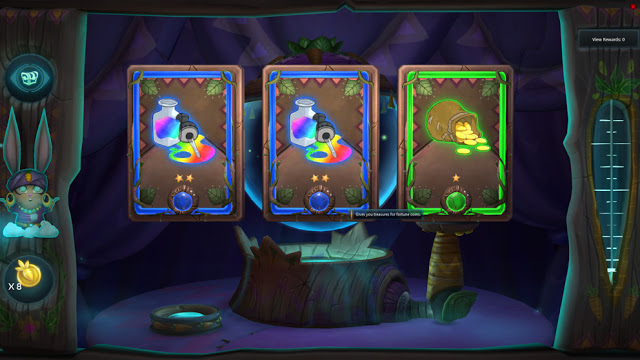 Wild Star: Cost - Here you can spend money despite Free2play
Wild Star: Cost - Here you can spend money despite Free2play The Evil Within (PC) Assignment (DLC) walkthrough
The Evil Within (PC) Assignment (DLC) walkthrough